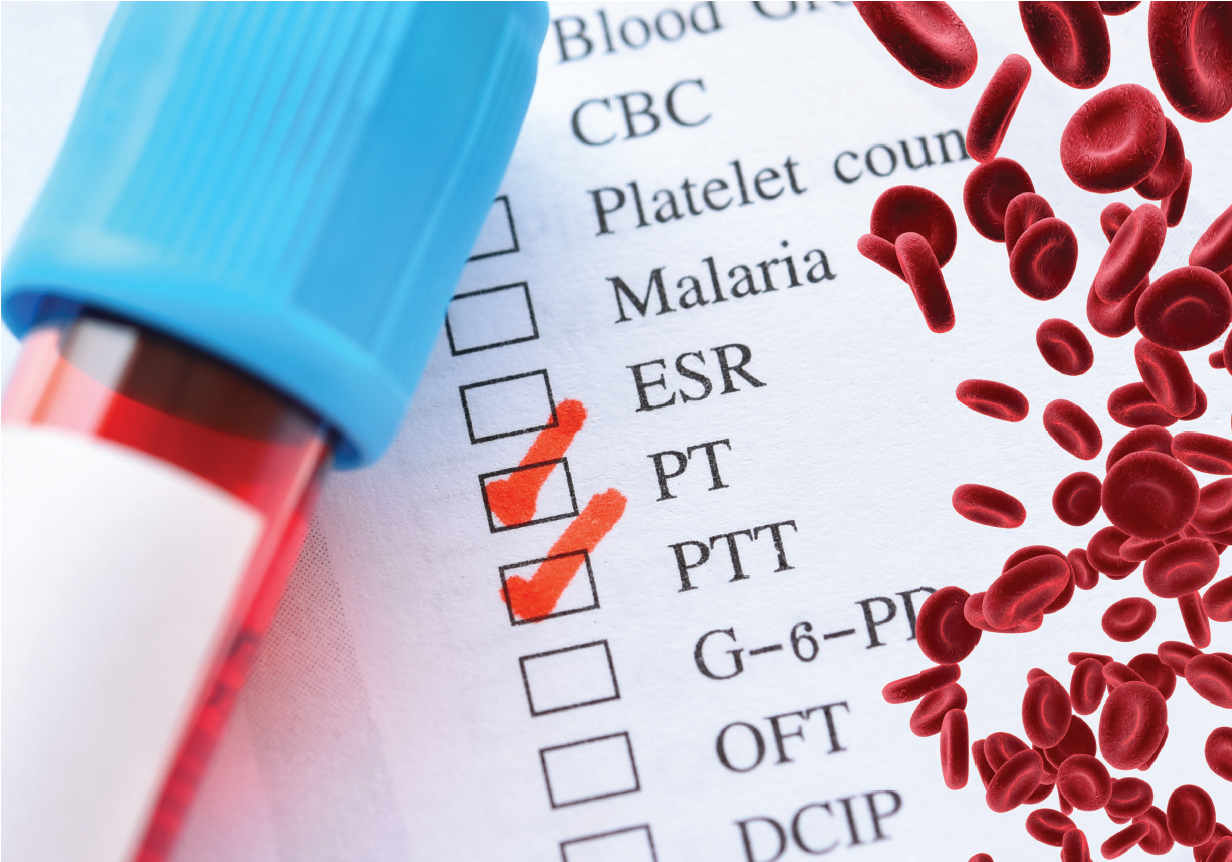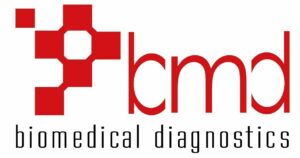Blood Grouping Reagents
Blood grouping reagents are intended for determining blood type by detecting the presence or absence of A, B, or Rhesus (Rh) antigens on the surface of red blood cells. Testing can be conducted using the slide, tube, or microtiter plate technique.
The procedure is performed on whole blood or anticoagulated blood samples collected in EDTA, citrate, or heparin tubes.
Based on the principle of hemagglutination, red blood cells that express A, B, and/or Rh antigens will agglutinate when mixed with the corresponding specific antibodies, indicating a positive result. A negative result is observed when no agglutination occurs.
Ordering Information
Hematology Category

HEMATOLOGY
HEMOSTASIS
Blood grouping reagents are intended for determining blood type by detecting the presence or absence of A, B, or Rhesus (Rh) antigens on the surface of red blood cells. Testing can be conducted using the slide, tube, or microtiter plate technique.

HEMATOLOGY
ELISA
Blood is a fluid that transports oxygen and nutrients to the cells and carries away carbon dioxide and other waste products. It consists of a collection of specialized cells that serve particular functions which are suspended in a liquid matrix (plasma)
